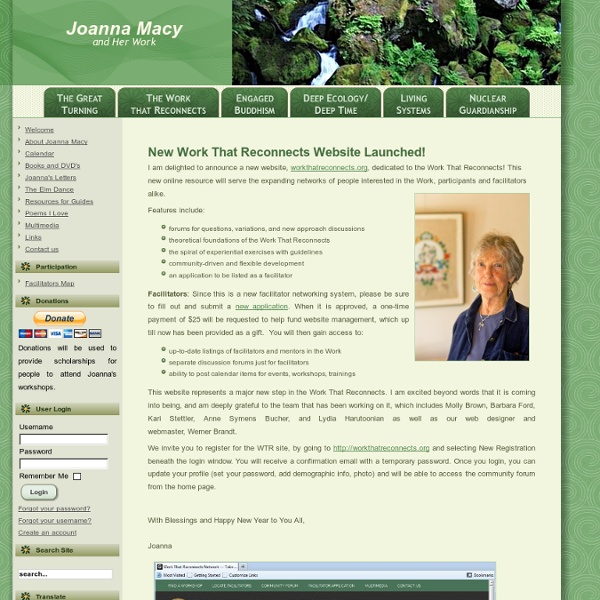



Biblioteca online completa sobre permacultura, bioconstrucción, agricultura ecológica y más | R-evolución Apreciados lectores, Parece un contrasentido, crear un método en la Apicultura del “no hacer” (Wu Wei, como lo denominó su creador), cuando precisamente esta “cultura” estudia a las abejas, que conforman uno de los modelos asociativos más complejos, organizadas y trabajadoras que se conocen de los seres vivos. Sin embargo, si juntamos las técnicas… En "CSA ENTRANSICIÓN 2.0" Qué es la permacultura y cómo podemos aplicarla La permacultura es una respuesta que entrega herramientas factibles a nivel individual y colectivo, a la inquietud interna de cada ser humano, por querer conectarnos con la tierra. En "Permacultura" Permaculture Design Course From 6 to 14 of March, 2010, the official 72 hour Permaculture Design Course will take place in the Várzea da Gonçala, Aljezur, Portugal. The course, taught by Lesley Martin, follows a 72 hour set syllabus and leads to the internationally recognized Permaculture Certificate. The subjects covered include: Ethics and principles;Learning strategies;Pattern in design;Bio diversity;Water in the landscape;Forests and trees;Soils;Climate;Buildings and structures;Formal/informal economies;Community development;There will be a number of practical sessions and the course culminates in a 2 day design workshop. The total cost of this course is €250 which includes: Camping area (bring your own tent); use of compost toilet and hot shower; breakfast, lunch and dinner – meals will be vegetarian and eaten communally (meals to include evening meal on 5th March and breakfast on 15th); Permaculture course tuition and official certificate. Places are limited.